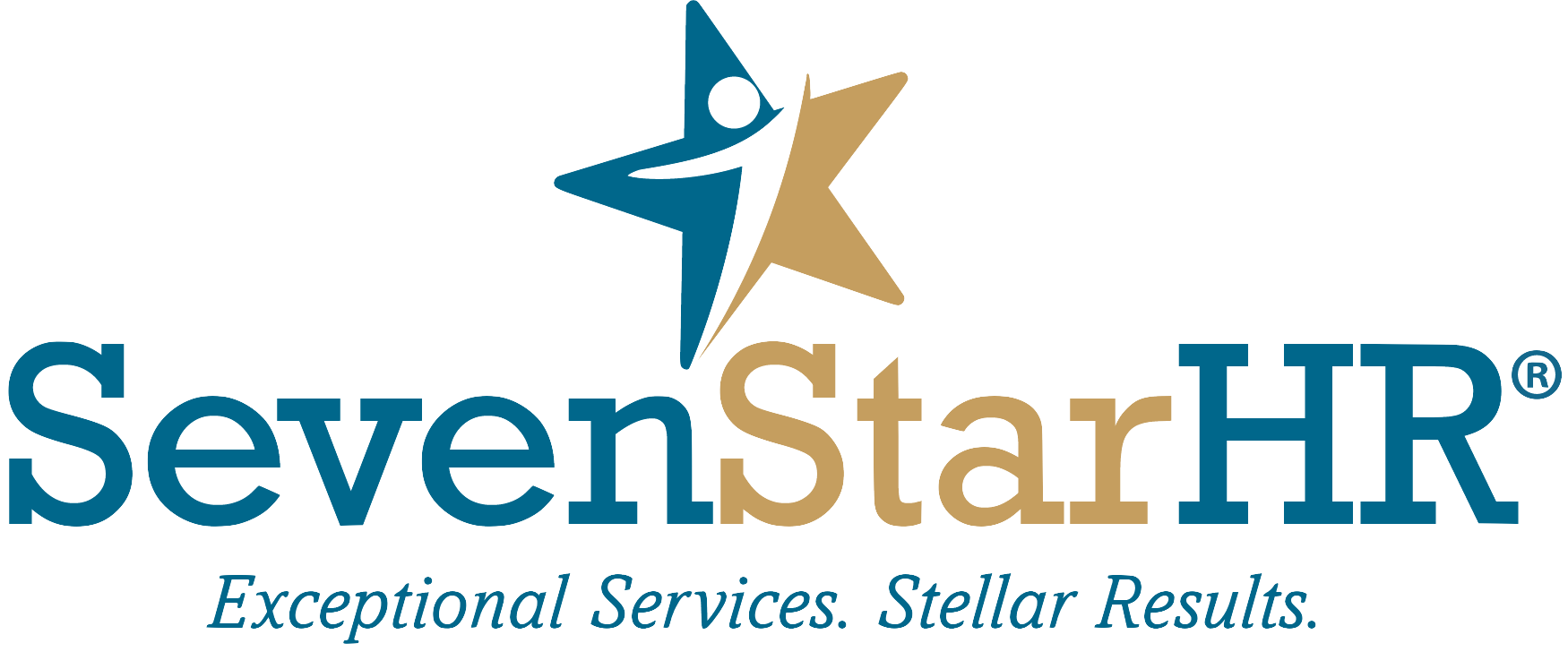‘Tis the Season for Employee Performance Reviews
Employee performance reviews are often scheduled during this busy time of the year. Don’t let end-of-year deadlines and Holiday season chaos reduce this important process to a check box exercise.
Follow these five best practices to get the most out of your performance reviews:
Train the people conducting the reviews
Make sure your reviewers are trained on how to be objective, honest, and clear during employee performance reviews, that they can communicate goals and expectations, and know how to answer questions commonly raised by employees.
Train your reviewers on how to maintain professionalism during performance review meetings as feelings can sometimes run high, particularly if there is negative feedback to be given. Ensure they know how to respond to situations where an employee may be showing signs of distress during a performance review meeting - including how to respond if they become disrespectful or aggressive.
Make sure your Performance Review forms are objective
Set objective performance indicators or metrics, tailor performance review forms to the job skills and key performance indicators of each employee’s position, and train reviewers on their use.
Consider giving employees the option for self-evaluations, in which they answer specific questions about their performance.
Performance Reviews should be timely and thorough
Review employees on a consistent schedule (e.g. bi-annually or annually) and follow any written policies or practices pertaining to the schedule for employee performance reviews. Consider having the boss of the reviewer sign off on evaluations to ensure an impartial and consistent evaluation system.
Reviews should measure performance throughout the entire review period, not just recent events.
Honesty and open communication is the goal
Honesty is key - an employee needs to know their strengths and weaknesses. Reviewers should provide detailed, accurate feedback, carefully avoiding criticism or insults, and offer a path to success.
Reviewers should provide an opportunity for the employee to give feedback. This ensures their understanding of the process and gives the reviewer valuable insight into their perspective. A review should be a two-way conversation.
Keep records and act on employee concerns
All documentation relating to the performance review (forms, notes, and any other supporting documentation), should be recorded in the employee’s personnel file.
Reviewers should report any complaints or grievances shared during the performance review meeting to the appropriate person.
Employee performance reviews have a crucial function in the employer/employee relationship. They provide an opportunity for managers to address performance issues or give praise, discuss training and professional growth opportunities, and cover promotions and compensation. They also give the employee the opportunity to share their own feedback, allowing the reviewer insight into the morale and engagement of the team, and enabling them to act on any areas of concern.

